Search

Cystic fibrosis (CF) is the most common life‐shortening genetic disease affecting children.
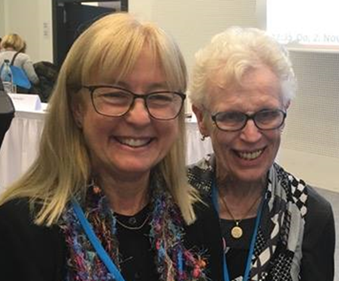
News & Events
The Kids researchers who helped identify rare disorder now poised to help the hunt for treatmentTwo The Kids Research Institute Australia researchers recognised for their role in building a global database for CDKL5 deficiency disorder are now helping to set the scene for clinical trials of much-needed potential treatments.
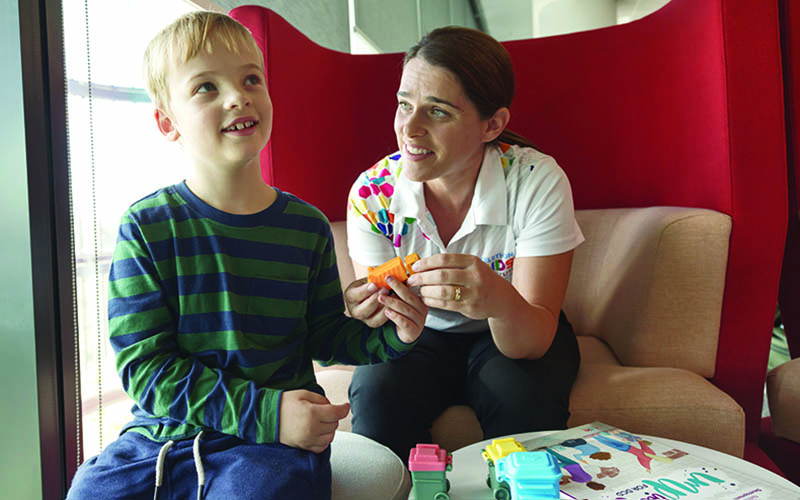
Meet Toby - he has developmental coordination disorder (DCD), a neurodevelopmental condition that causes delays and impairments in fine and gross motor skills.
Research
Understanding the impact of developmental coordination disorder on Belgian children and families: A national survey studyDevelopmental Coordination Disorder (DCD) is an under-recognized and often trivialized neurodevelopmental condition impacting five to six percent of children. This study aimed to map the impact of DCD on children and their families in Belgium.
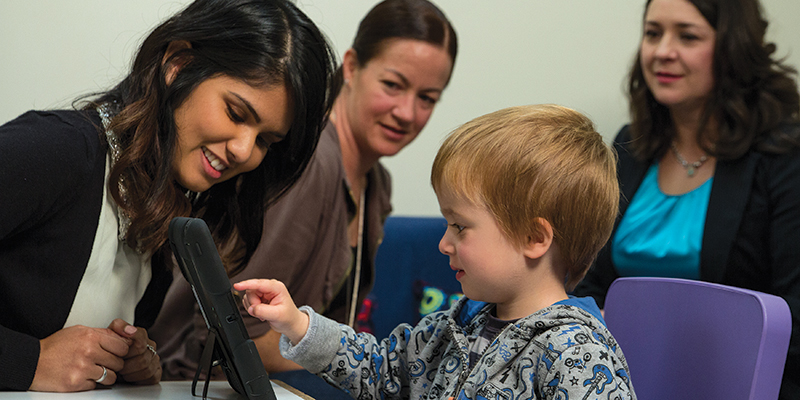
News & Events
New friend to improve social attention of kids with autismAn attention-training game developed by researchers at The Kids Research Institute Australia is helping to improve social skill development in school-aged kids with autism.

On average, a person can expect to take more than 700 million breaths in their lifetime.
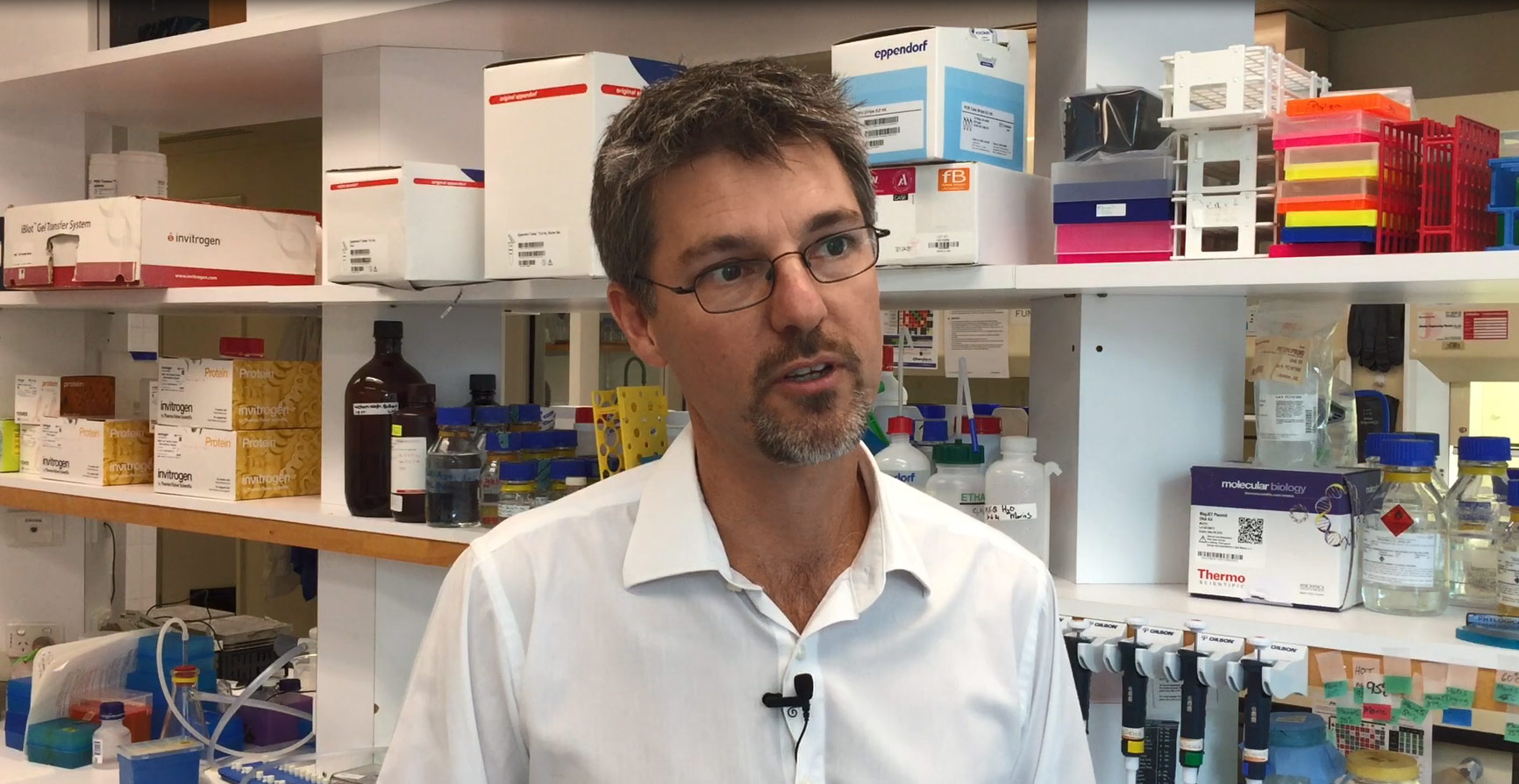
News & Events
National Asthma Week: 10 things you need to know about asthmaAsthma affects about half a million Australian children and is one of the most common reasons why kids need to see a doctor or go to emergency.
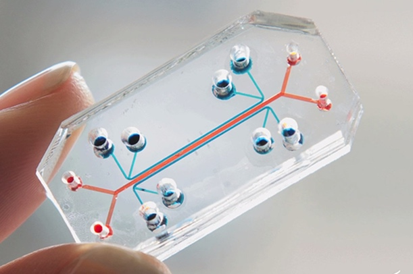
Respiratory disease is a global issue and international networks are critical to informing best-practice approaches to the clinical care and management of childhood respiratory health.
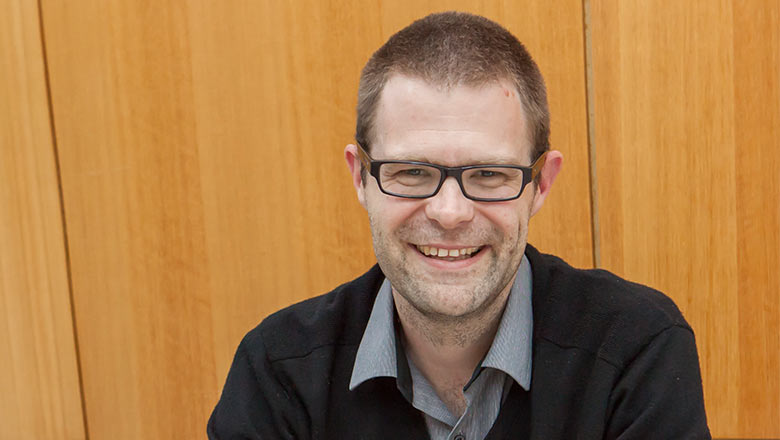
News & Events
Study sheds new light on the ‘autism epidemic’ mysteryResearchers have shown that the so called 'autism epidemic' is due to an increase in the diagnosis of children with less severe behavioural symptoms.
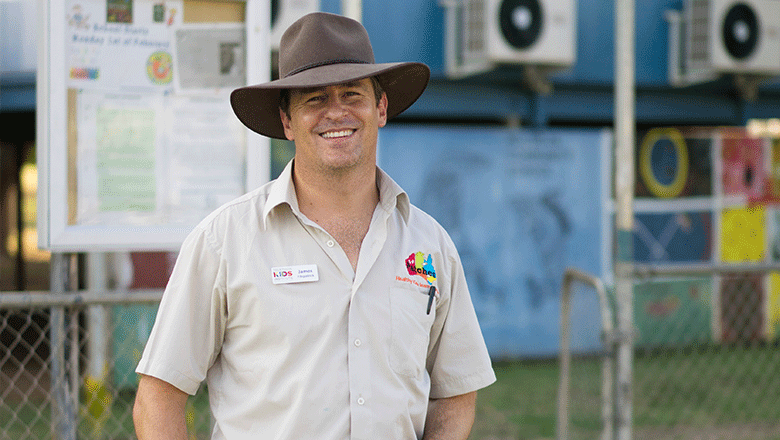
News & Events
The Kids researcher awarded support fundingA The Kids Research Institute Australia researcher has been awarded $10,000 in State Government research support funding.
